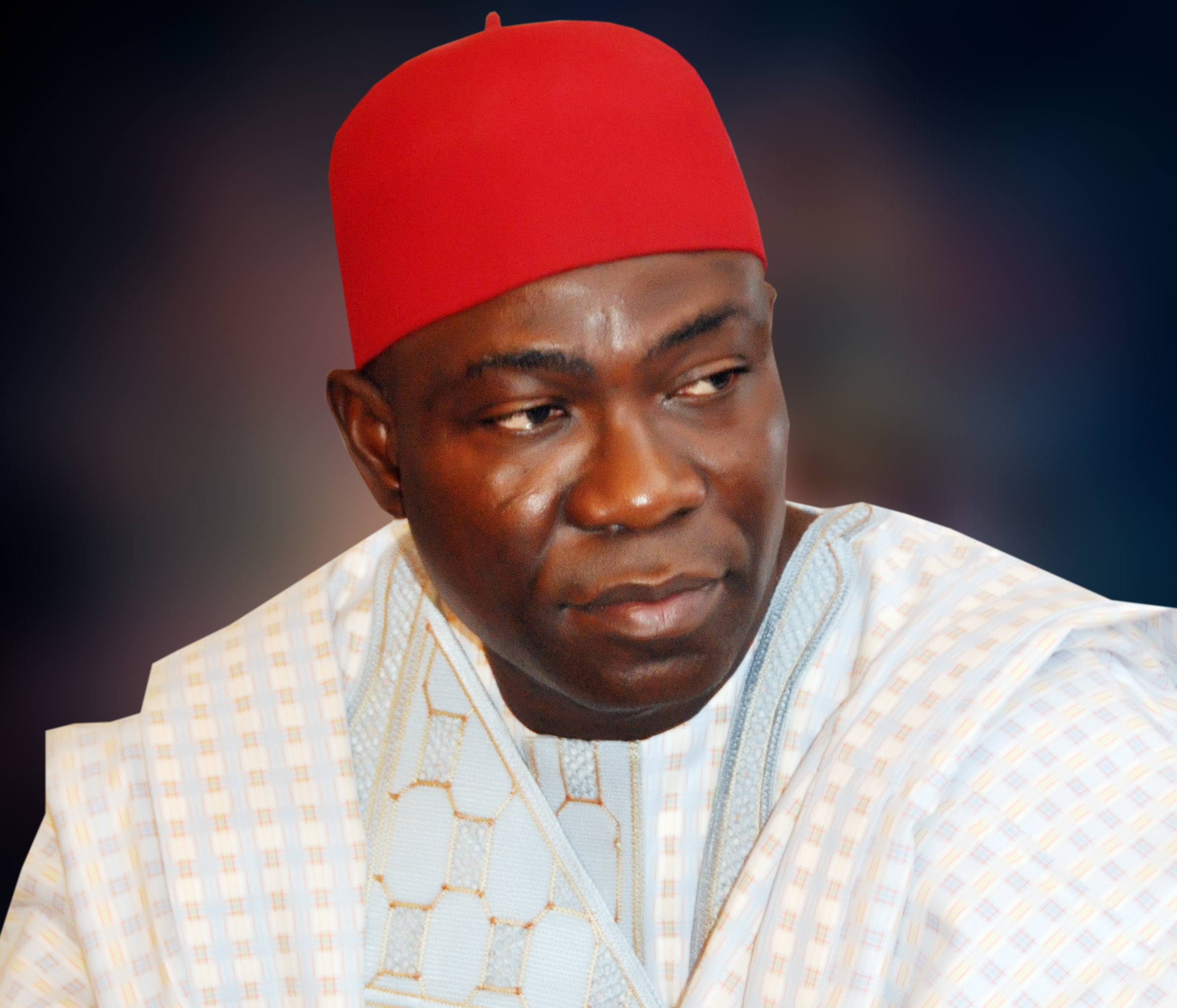
The Metropolitan police is investigating more cases of organ trafficking in the UK after new victims came forward following the first conviction for the offence under modern slavery laws.
Detectives from Scotland Yard’s modern slavery and child exploitation team have said they are investigating more allegations of people being trafficked for their body parts to London and other areas of the UK.
They also confirmed that Operation Manoa, the investigation that led to the conviction at the Old Bailey of three kidney traffickers, including a senior Nigerian politician, Ike Ekweremadu, “continues to be ongoing”.
Det Supt Andy Furphy, who leads the modern slavery team for the Met, paid tribute to the bravery of the victim in the case, a 21-year-old street trader from Lagos who was trafficked to London as a potential kidney donor for Ekweremadu’s sick daughter, Sonia.
The man, who cannot be named because the identity of victims of modern slavery are protected, was falsely presented as a willing donor to a private renal unit at London’s Royal Free hospital with forged documents falsely claiming he was Sonia’s cousin. When the proposed transplant was rejected, the victim fled to the police in fear for his life because he believed he was being lined up for another transplant in Nigeria.
Speaking at a media briefing, Furphy said he could not disclose details of ongoing investigations or the numbers involved, but said the cases were “not just in London – it’s farther afield as well”.
He added: “It’s difficult to say how serious it is in the country right now. We often find as soon as something gets highlighted in the public sphere … others victims come forward. This is now not the only investigation we’ve got into organ harvesting.”
Furphy cited World Health Organization estimates that suggest up to 10% of organ transplants globally are done on the black market. “In the UK we don’t see that – it is still a tiny percentage. I don’t think the true extent of it is truly known both at home and abroad. We’re looking to build those intelligence gaps,” he said.
The kidney harvesting case highlighted vulnerabilities in the UK’s vetting system for living transplant. Mr Justice Jeremy Johnson, in his sentencing remarks, echoed the prosecution’s suggestion that “a lesson to be learned from this case is that clinicians must be alive to the risk of trafficking and report cases like this when concerns arise”. The judge said he entirely agreed.
As a result of the case, the Human Tissue Authority (HTA), which regulates transplants, has reviewed hundreds of similar operations since 2017. In a statement it said: “When the HTA learned of this case, we immediately took steps to review all cases with potentially similar features, with a focus on those cases with overseas donors and cases in the private sector. This review looked at just over 600 cases.”
The Old Bailey heard that Chris Agbo, 50, an NHS consultant nephrologist at Hinchingbrooke hospital in Cambridgeshire who runs Vintage Health, a medical tourism company, was paid by the Ekweremadus to help facilitate the proposed kidney transplant. He also helped arrange an earlier successful kidney transplant at the Royal Free involving another man suspected of being trafficked from Nigeria, the jury was told.
The Old Bailey heard that Agbo examined the abdomen of the victim trafficked by the Ekweremadus, who then feared he was being lined up for another transplant in Nigeria.
North West Anglia NHS trust confirmed that Agbo was employed at Hinchingbrooke hospital, saying it was “unable to comment further whilst investigations are ongoing”.
Agbo, president of the Medical Association of Nigerians Across Great Britain, has been approached for comment.
Detectives investigating the organ trafficking plot said the HTA and clinicians involved in transplants should do more to ensure the police were alerted when there were concerns about organ trafficking.
Furphy said: “We have since done some significant training with the Royal Free hospital. We are in wider discussions with the NHS as well.”
DI Andy Owen, who was also involved in the investigation, said: “There’s definitely some sort of learning to come out of the hospitals and that’s something that we’re engaged in as a separate matter. They [the Royal Free] did raise safeguarding concerns and we’re doing a separate piece of work to up-skill them around modern slavery and the action they should be taking.”
He added: “The main piece of our work is with the Human Tissue Authority to ensure that they have processes in place to be alerting us as the police [when there are concerns about trafficking].”
In a statement, the HTA said it would continue to ensure that living organ donations were made with consent, free of any duress, coercion or reward. It said: “Our guidance for transplant teams and independent assessors includes when and how to raise safeguarding concerns. We continue to focus on identifying and addressing any areas we might further tighten and refine. We have also increased the scrutiny we give to cases that involve overseas donors and cases taking place in the private sector.
A spokesperson for the Royal Free said: “We continue to work closely with the Met to ensure all those working in our transplant services are aware of the law around organ trafficking and know what to do if they suspect a crime has been committed.
“In addition, the trust has worked with the Met and the HTA to develop a training package that can be used by other trusts to increase awareness and understanding of organ trafficking among healthcare staff.”
